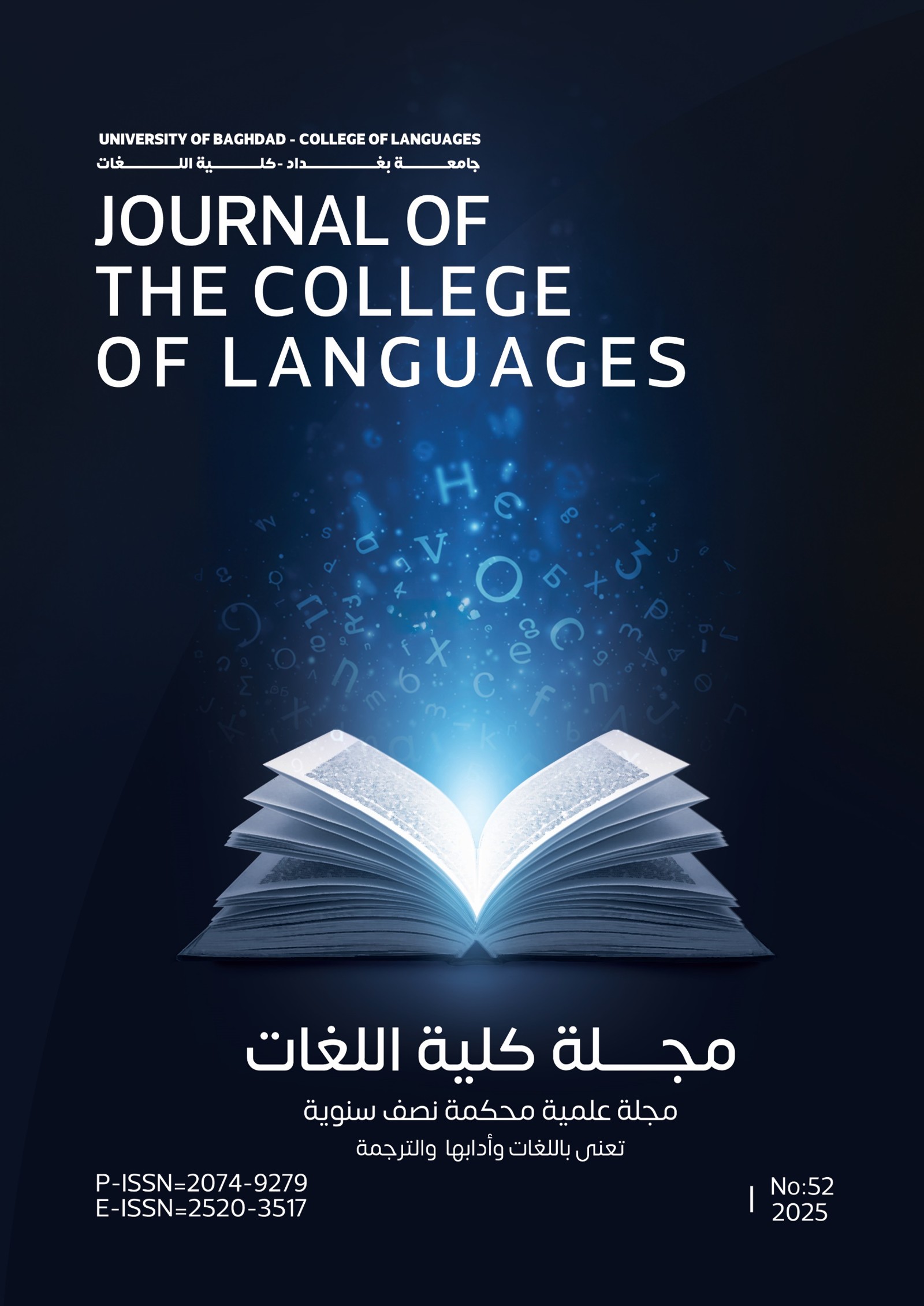Definition of the verb in the form of the imperative mood (imperative) - general information about the verb in Russian
Определение глагола в форме повелительного наклонения (императива) - общая сведения о глаголе на русском языке)
DOI:
https://doi.org/10.36586/jcl.2.2021.0.44.0234Keywords:
verb definition, the concept of the imperative mood (imperative), general information about the verb, Russian language, imperative formation., определение глагола, понятие повелительного наклонения (императива), общая сведения о глаголе, русский язык, формирование императива,Abstract
The article examines the definition of the verb in the form of the imperative mood (imperative) _ general information about the verb in Russian .
A verb in Russian is one of the parts of speech that unify all parts of speech, expressing the meaning of action, movement, process in grammatical forms of time, type, mood, face and voice. The imperative mood is a grammatical feature of the verb expressed through several forms of the verb that urges someone to do things. In other words, imperative mood or (imperative) : - one of the single meaning of the form . The form of the imperative expresses a supplication, order, advice, etc. With the support of the imperative form, the communicator states his own desire , so that in this case another process should be carried out by someone else to fulfill the communicator desire. (go away!) , for example, Or, (Don't go away!).
В статье обьяснится определение глагола в форме повелительного наклонения (императива) _ общая сведения о глаголе на русском языке .
Глаголом на русском языке является один из частей речи , который объединяет все слова , выражающий значение действия , движения, процесса в грамматических формах времени , вида , наклонения , лица и залога . Повелительное наклонение - это грамматическая особенность глагола , которая выражается через несколько форм глагола , которое кто-то побуждает совершенить дела . И другими словами
Повелительное наклонение или (императив ) : - одино с значений группы наклонения . Форма императива выражает мольбу, приказ , совет и т. д . Со поддержкой императива сообщающий информирует об собственном желании , для того чтобы в таком случае либо другое процесс существовало осуществлено кем-в таком случае (Уходи!) либо , напротив , никак не проделывалось (Никак Не уходи!) .

This work is licensed under a Creative Commons Attribution 4.0 International License.
( Received on 27/10/2020 - Accepted on 22/11/2020 - Published on 1/6/2021 )
References
- Anniversary of I.A.Melchuk. M .: Languages of Slavic culture. 2012.
- Apresyan Y.D. Lexical semantics (synonymous language means). M .: Science. 1974.
- Buslaev F.I. Historical grammar of the Russian language. M., Uchpedgiz, 1959.
- Dolinina IB Categorical meanings of constructions with let // Imperative in languages of different structures: Abstracts of the conference “Functional typological direction in grammar. Command. " - L., 1988.
- Eskova N.A. Information about grammatical forms // Avanesov R.I. (Ed.) Orthoepic dictionary of the Russian language. Pronunciation, stress, grammatical forms. M. 1989.
- Graudina L.K., Itskovich V.A. The grammatical correctness of Russian speech (the experience of the frequency-stylistic dictionary of options). M: Science. 1976.
- Guseva O. N. Modern Russian language - Minsk. , 2015.
- Imperative mood. - In the book: Kasatkin L.L., Klobukov E.V., Lekant P.A. A short guide to the modern Russian language. M., 1995.
- Isachenko A. V. Grammatical structure of the Russian language in comparison with the Slovak language. Bratislava, 1960. Part 2. 577 p.
- Itkin I.B. Russian morphonology. M .: Gnosis. 2007.
- Khrakovsky V.S., Volodin A.P. Semantics and typology of the imperative. L., 1986.
- Khrakovsky V.S., Volodin A.P. Semantics and typology of the imperative: Russian imperative. / Resp. ed. V. B. Kasevich. Moscow: Editorial URSS, 2002.272 p.
- Khrakovsky V.S.Semantics and typology of the imperative. Russian imperative. - M .:, 2001.
- Knyazev Yu. P. Grammatical semantics: Russian in a typological perspective. - M .: Languages of Slavic cultures, 2007. - 704 p. 2007.
- Modern Russian language. Morphology / Ed. V.V. Vinogradov. -M .: Iris-press, 2008.
- Pirogova L. I. Russian verb: Grammatical dictionary-reference book. - M .: School-Press, 1999 .-- 416 p. - 5,000 copies.
- Plungyan V.A. General morphology. M., 2000.
- Plungyan V.A. Why are languages so different? M., 1996.
- Rosenthal D.E. Modern Russian language // edition (M.U.). , 1971. _ 635 s.
- Rosenthal D.E. Russian language: A manual on the Russian language for applicants to universities. - M .: Publishing house "OnikS 21 century", 2000. - 416 p.
- Russian grammar. Ed. N.Yu.Shvedova. M., 1980.
- Vinogradov V.V. Modern Russian language // Morphology. - edition (M.U.). 1952. _ 518 p.
- Zaliznyak A.A. Grammar dictionary of the Russian language. AST-Press. 2010 (1st ed. - M. 1977) .







